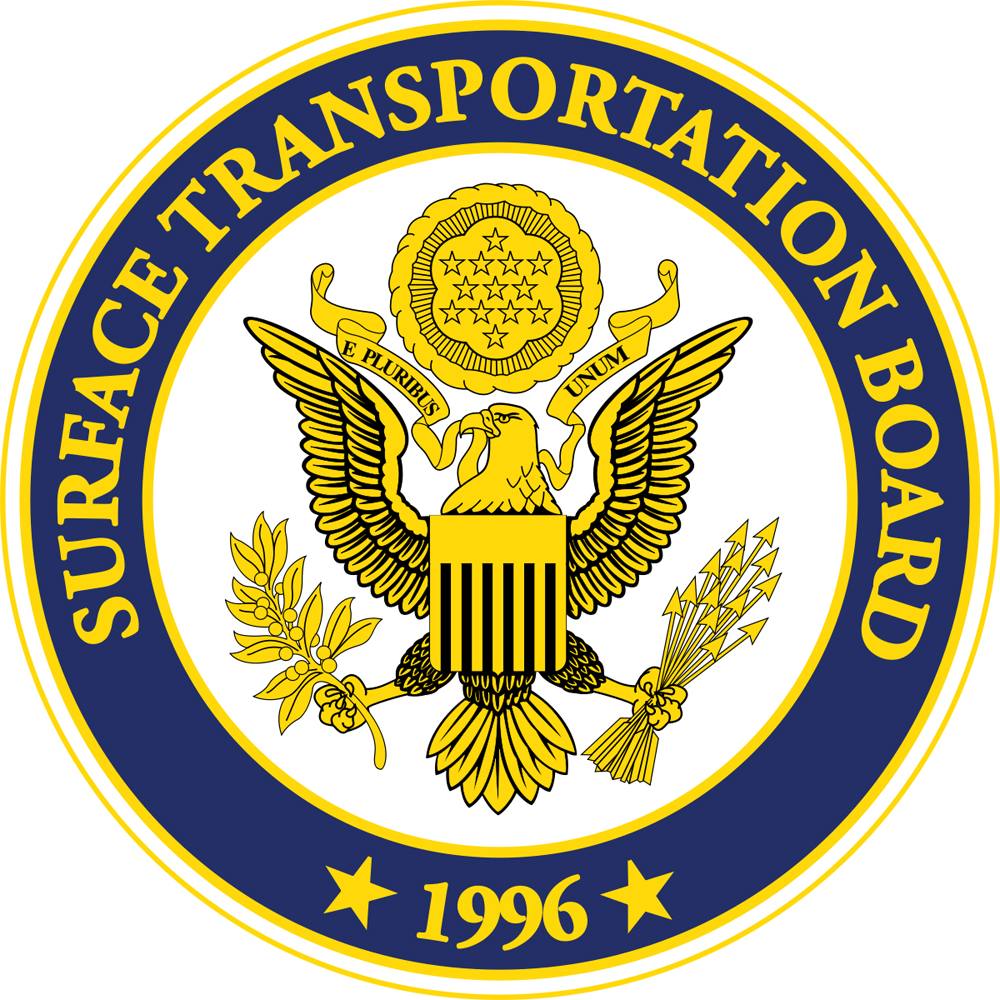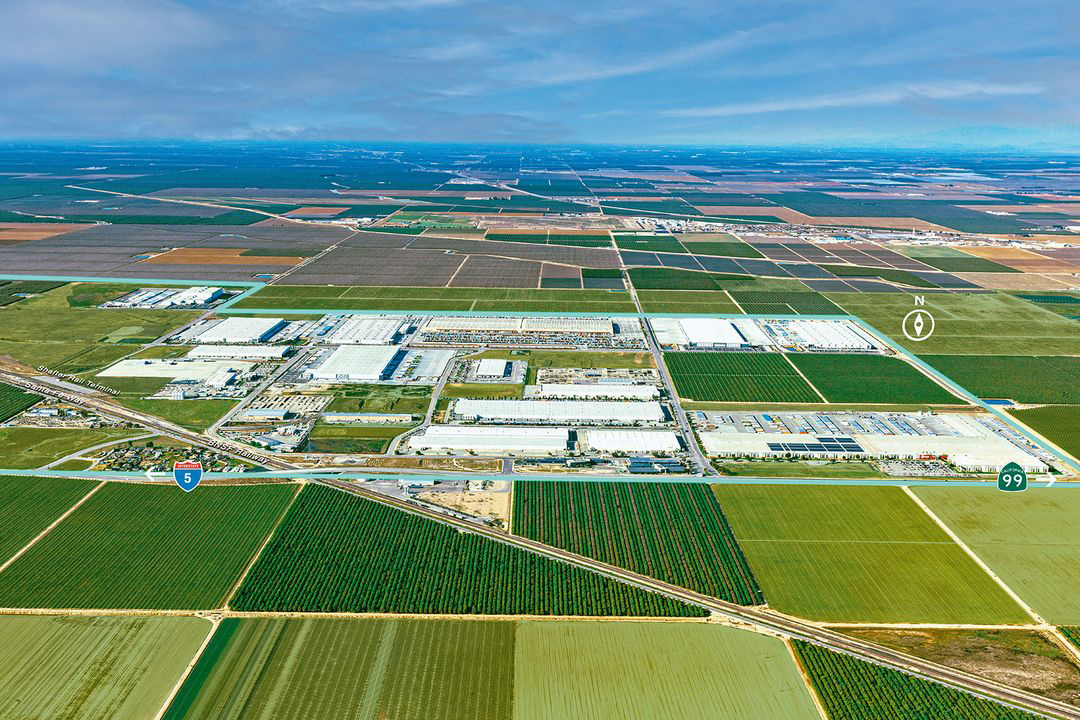
NJ Transit recently hired a Customer Advocate — the actual title of the job. This individual is supposed to be solely responsible for representing customer interests, developing goals and objectives around those interests, cultivating relationships between the public — its customers — and the agency, and developing engagement plans that rely on customer feedback.
It’s an interesting concept. Can you name a person with a similar narrowly focused set of responsibilities working at a freight railroad? A job where an individual works 40-hours-per-week for the sole purpose of representing customers’ interests and conveying those interests to the railroad?
Don’t get me wrong. Railroads communicate with its customers, oftentimes building communication processes around the customer’s preferences. Account managers within the railroad’s sales and marketing teams are the go-to contacts for service issues and overall business. They are the customer’s advocate. I’ve served in these roles for eight years and gleaned a lot from both sides of the table.
Good customer relationships are supported by open communication, routine in-person meetings, datasets such as key performance indicators, surveys, and other mechanisms. As a railroad, you rely on a considerable amount of customer feedback in this process. And in improving customer service, you’re advocating on the customer’s behalf.
Large railroads also use technology that allows shippers to submit service issues and leverage data that can be used for future analysis. Large railroads typically have robust customer service teams that attack these issues in real-time. Smaller railroads are more hands-on and may be more embedded in the customer’s day-to-day operations.
But how much of what I described aligns more with customer service or customer advocacy? Is helping locate a delayed railcar and getting it to its destination an action of customer service or advocacy? Is it knowing your customer’s business or knowing of an issue with the customer’s business?
Let’s be clear. I am not saying that railroads do not know their customers. I have worked for a privately owned short line and a publicly traded Class I railroad in commercial sales roles and have positive, rewarding experiences. Watco’s entire culture is about working together as a team and finding solutions for customers. CSX is focused on adding value to customers and tailoring the railroad’s services to customer needs. Railroads realize that in order to grow carload franchises, they need to rely more on constructive criticism from customers.
But to meaningfully grow carload volumes, restore faith in rail’s ability to deliver, and gain market share, railroads should do more to step away from the right-of-way and into the customer’s supply chain. Let’s not worry about volume or revenue or how many carloads a customer will ship from its warehouse next year. Let’s not fret over a one-off service issue at a spur 500 miles away.
Let’s figure out how we can be like NJ Transit has in mind — a customer advocate. How can we get into the tiny crevices of big customers and broaden our knowledge beyond the ballast line? And not just about how they do business today — but how they want to do business a decade from now. Let’s take a break from touting on-time performance and listen to what drives a customer’s success.
Let’s embed ourselves into the customer’s supply chain with no ulterior motives. An environment where customers feel comfortable sharing uncomfortable things. And let’s build trust and confidence by listening and genuinely caring.
Perhaps most important, let’s get back to focusing on our actual customers — the companies paying freight for the railroad’s services.
In demonstrating this approach, we as a service industry will become more educated about our customers, allowing us to better serve them, and becoming extensions of their business — important, value-added parts of their supply chains. We can become individuals who have a robust understanding of our customer’s business just as we do on the railroad. More aligned — more integrated — and more efficient.
The volume and revenues will follow once we truly begin to advocate for our customers — the actual companies responsible for our paychecks.













When you’re the only rail option. you can expect the shippers to come crawling, But there are multiple truckers. One or more may be hungry for business.
The hallmark of any successful business is a broad and deep awareness by all team members of precisely how the firm makes its money.
In the past, would this have been a latent function of the VP of Marketing? This is the position I think has been de-valued the most under PSR – like the big banks of the early 2000’s, they now just expect customers to come crawling up simply because the railroad exists.
Simply because the railroad exists, just expect the shippers to come crawling up to the trucking companes.